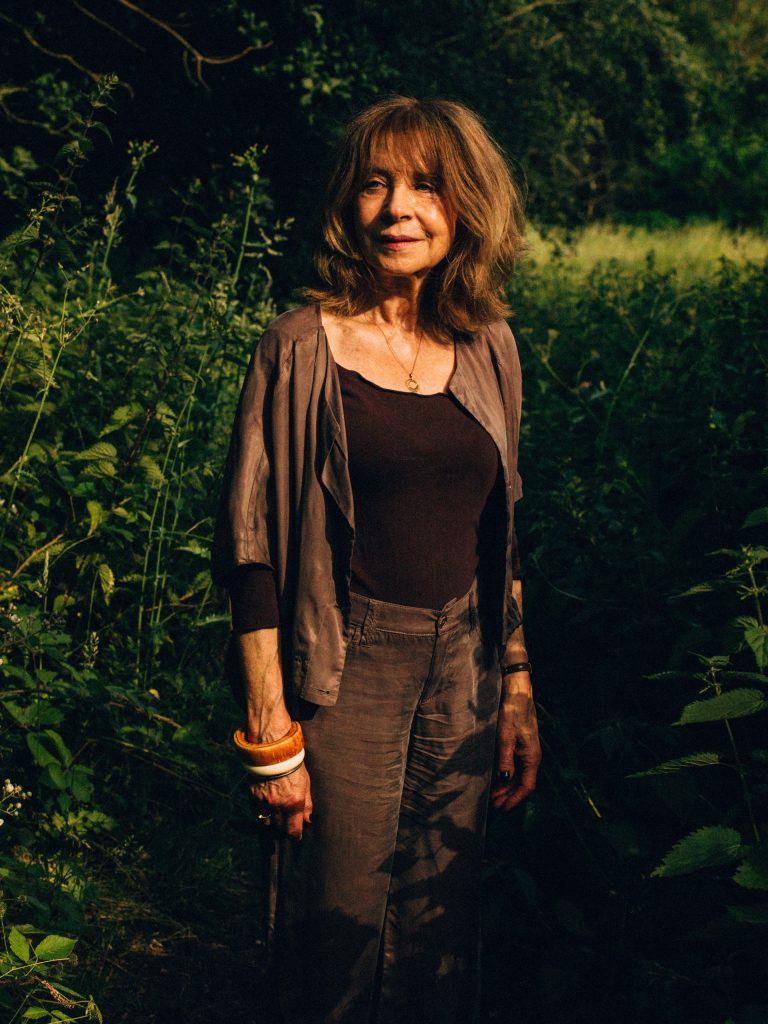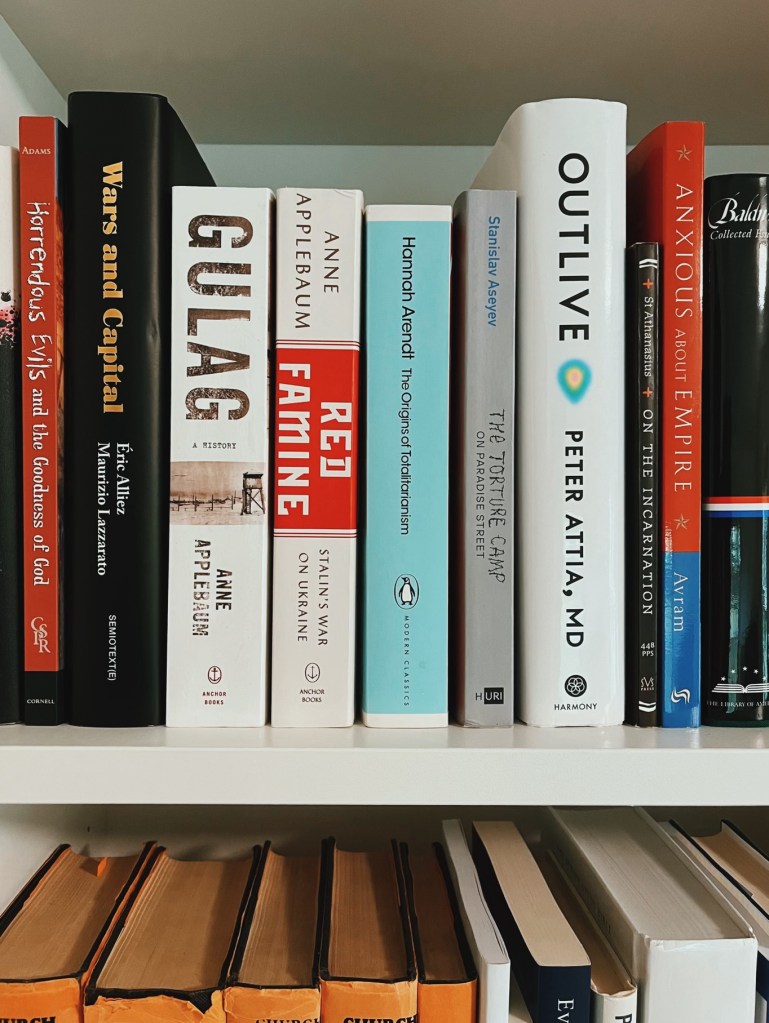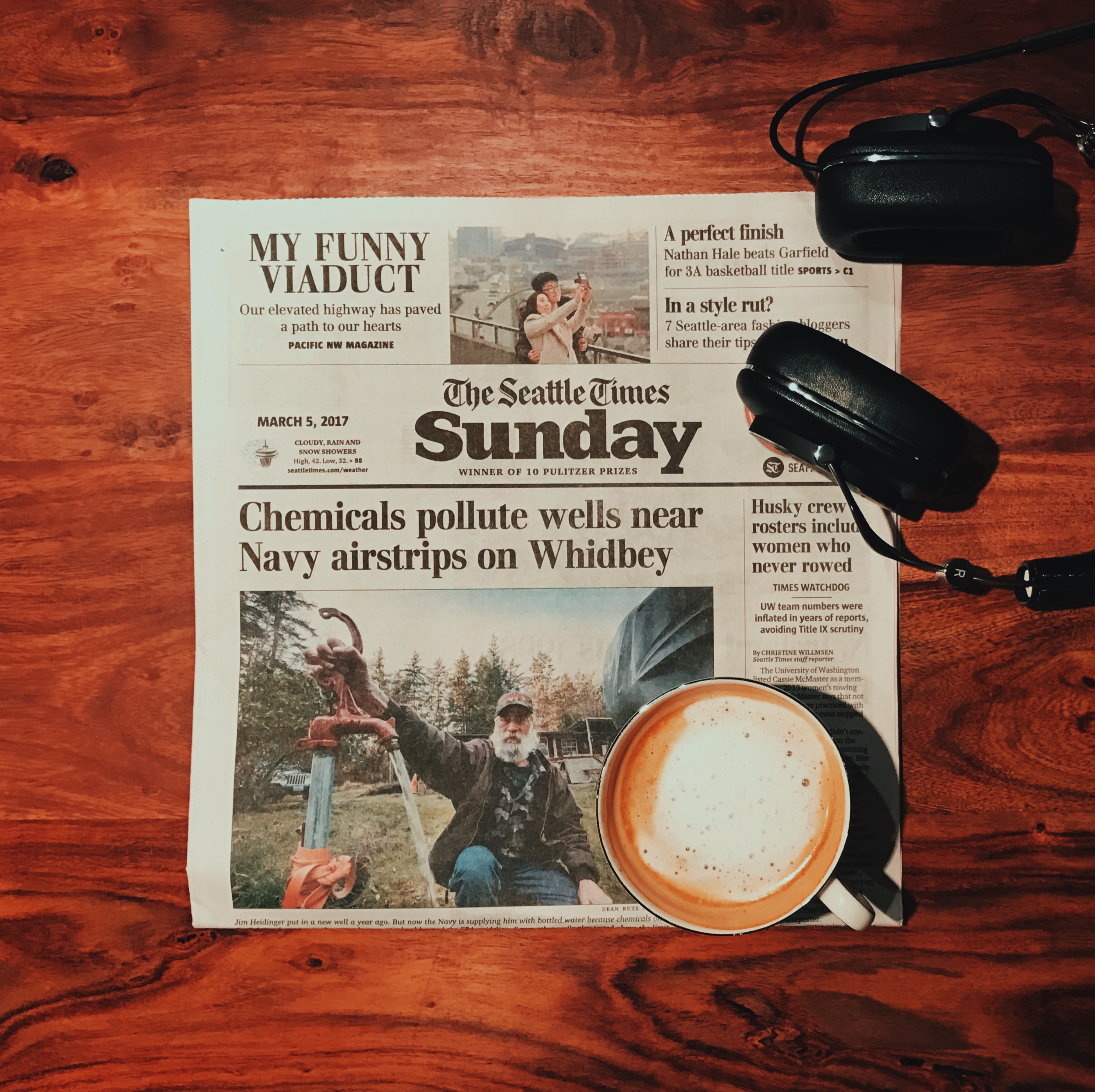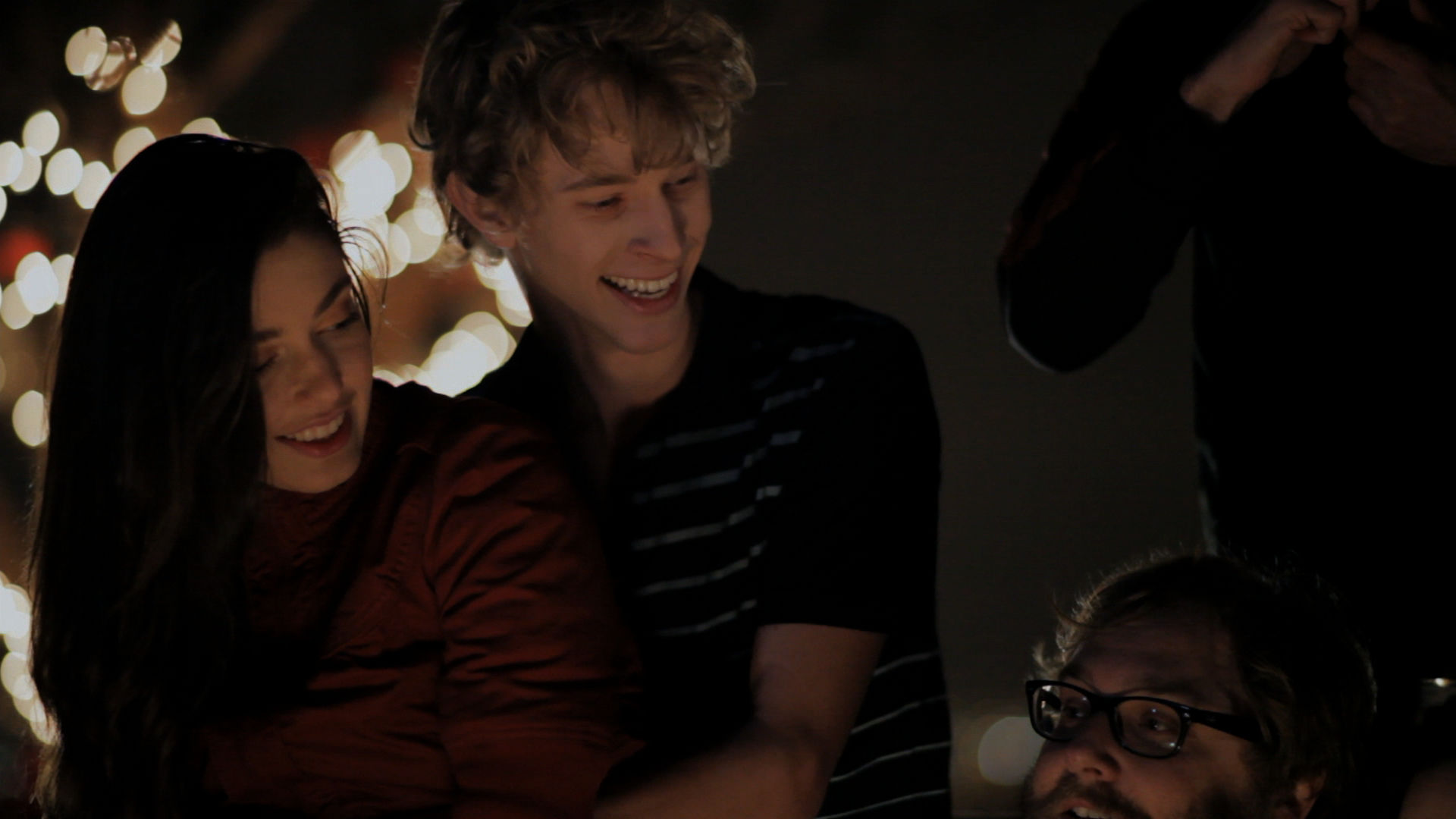“In that most maternal of reflexes she, who feared and loathed more than anything spoilage and filth, reached to take whatever her baby held out.” — David Foster Wallace, Infinite Jest
“У тому найбільш материнському із рефлексів вона, хто боялася і ненавиділа найбільше за все забруднення й бруд, потягнулася щоб взяти будь-що її малюк простягнув.” — Девід Фостер Воллес, Нескінченний жарт. Переклад Василь Мацюк.

Neel, Alice. Mother and Child (Nancy and Olivia). 1967.







